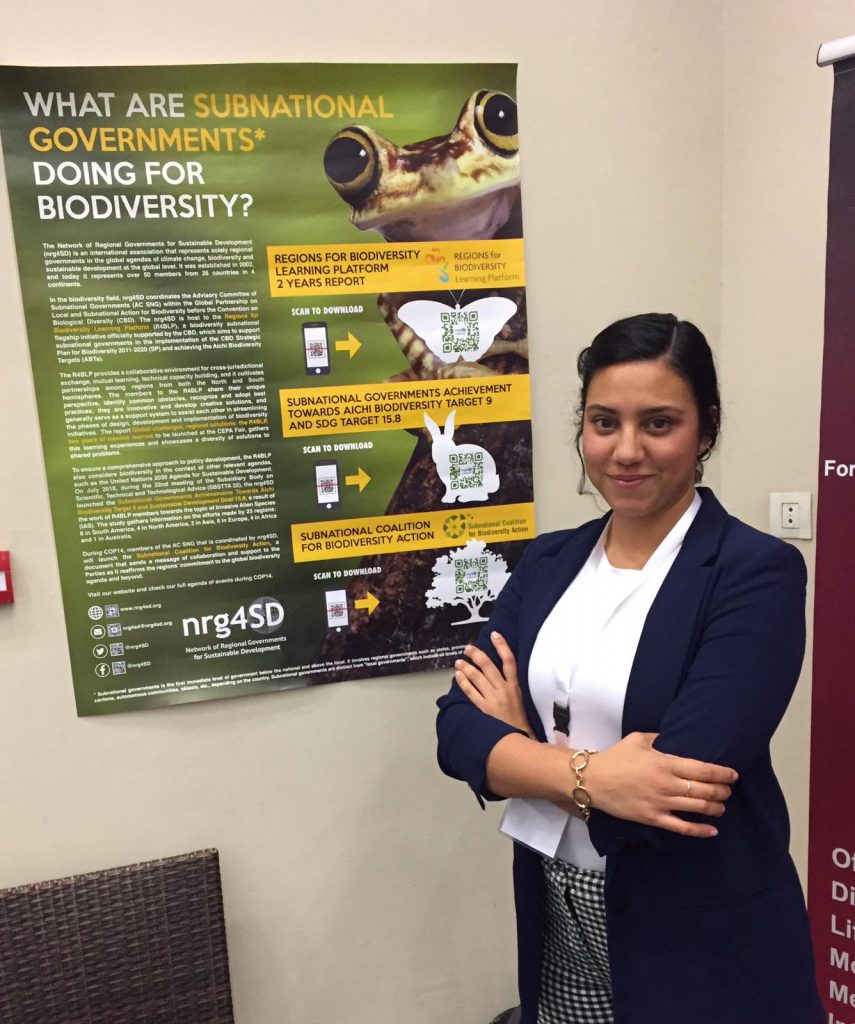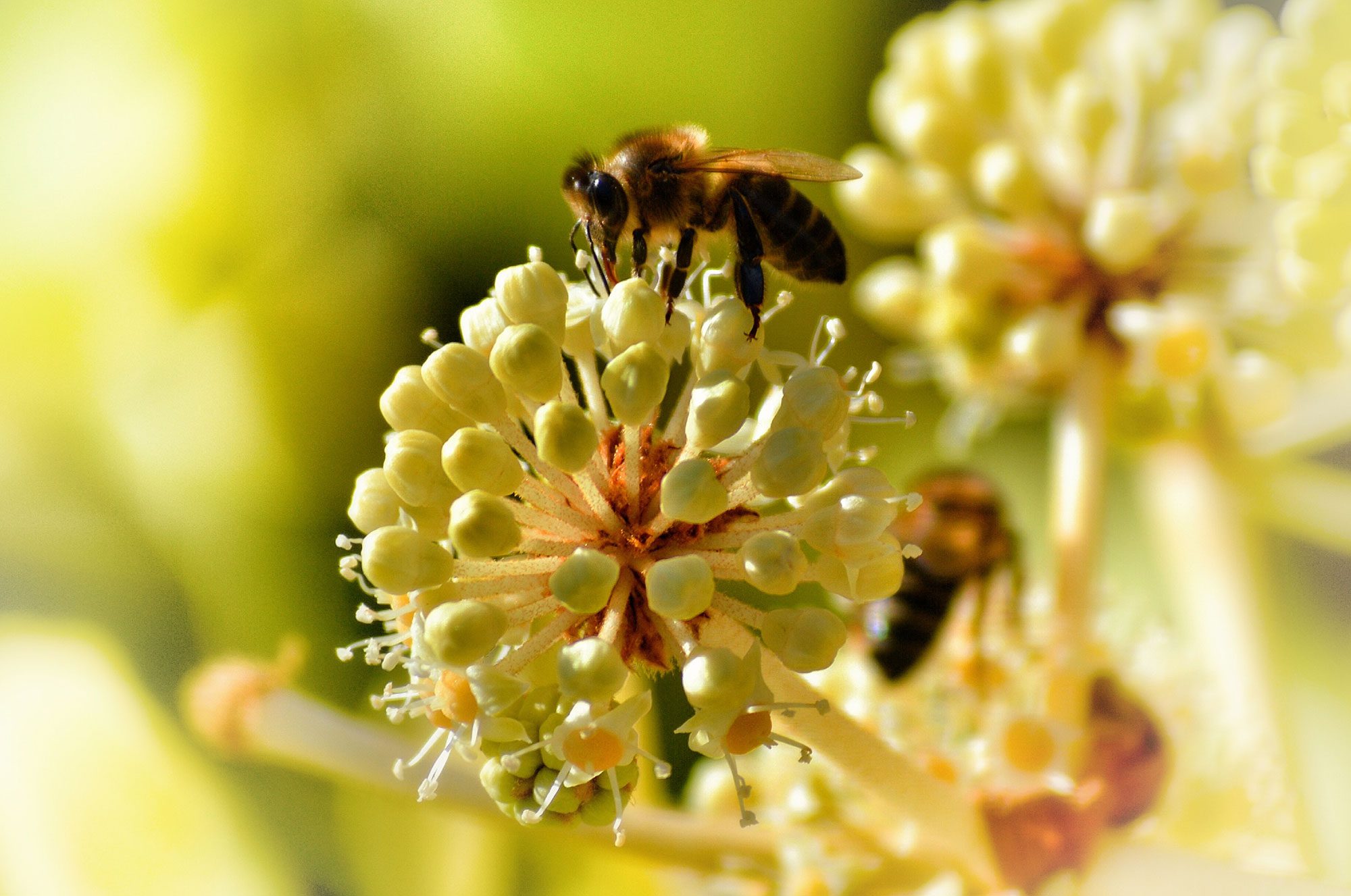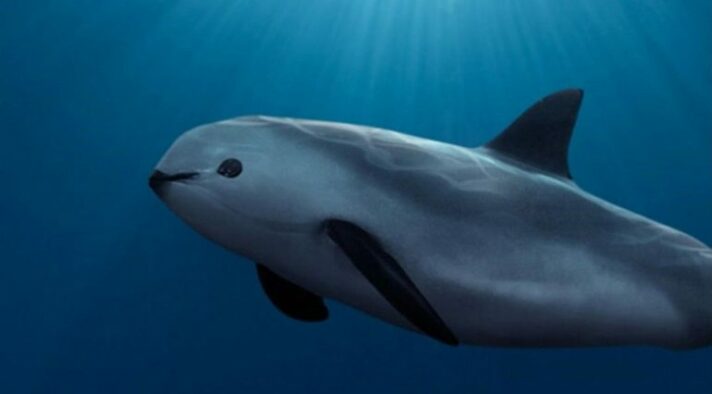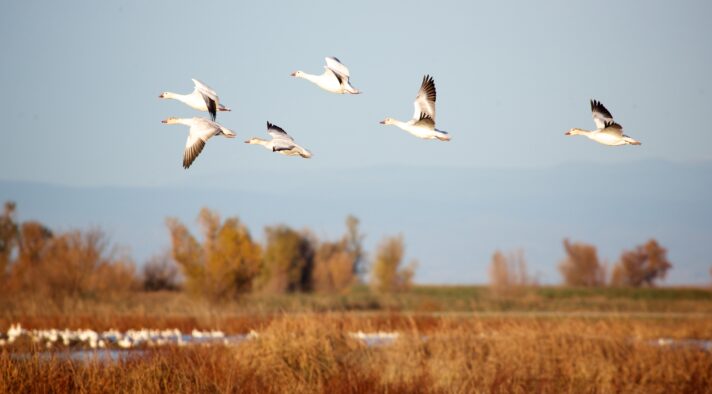CABI, a non-profit organisation that creates and curates knowledge that addresses environmental challenges faced by farmers worldwide, invited the Regions for Biodiversity Learning Platform (R4BLP) to participate at a policy summit on invasive species in Gaborone, Botswana on 28 February, organised alongside their regional consultation with their member states in Africa.
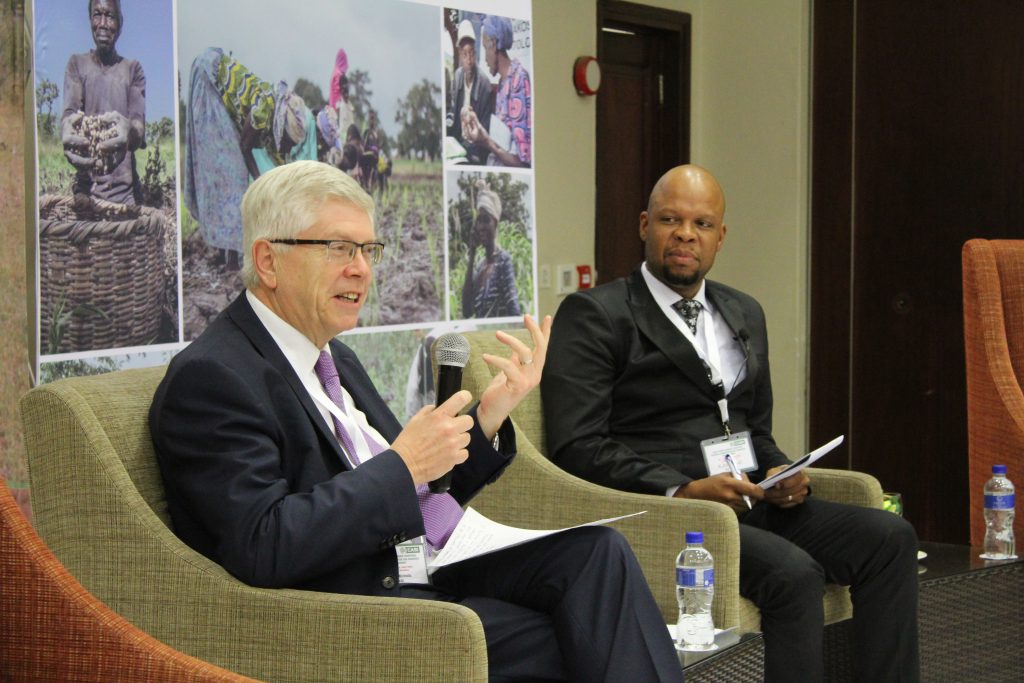
The R4BLP presented the recently-launched report “Subnational Governments’ Achievements Towards Aichi Biodiversity Target 9 and Sustainable Development Goal 15.8”, in which 22 regions of the world shared detailed information on their efforts regarding the prioritisation of species and pathways, the progress made on the control or eradication of priority Invasive Alien Species (IAS), measures to prevent introduction and establishment, and the gaps and challenges in achieving Target 9.
About 70 delegates representing policymakers, researchers, the private sector and civil society gathered to learn and discuss the impact of invasive species as well as technical and policy solutions needed to control and stop their adverse effects. Ms. Renata Gomez, Project Manager of the R4BLP, participated in the policy solutions panel and shared some of the great efforts being carried out by members of the R4BLP.
An inspiring example of how stakeholders, academia and government can work together towards the same goal is the one happening in Catalonia; the Center for Ecological Research and Forest Applications and the Government of Catalonia developed the Exotic Information System of Catalonia (ExoCAT), which collects most of the available data on the distribution, origin, pathway of introduction and the state of a list of priority IAS in their territory. Among the solutions shared on the panel, collaboration with local communities was highlighted as one of the most successful ones; a great example of how the community can be part of the solution is an initiative launched by Québec called Sentinel, which is a tool consisting of a mobile application and a web-based mapping system. Anyone can locate, photograph and report a species that they encounter on their recreational activities, for example, and help protect Québec’s biodiversity.
To close the Summit, CABI CEO Dr. Trevor Nicholls made commitments to support Africa’s fight against invasive species, among which they launch a declaration on tackling invasive species, to be ratified by CABI member countries in September 2019; a research paper with updated information on the global cost of invasive species; the development of action plans and a campaign to support an African Regional Strategy on Invasive Species and others.

To explore further on CABI’s work on invasive species, please visit:
- CABI’s Invasive Species Compendium, an up-to-date encyclopaedic resource that brings together a wide range of science-based information of great value to regional governments.
- CABI’s Horizon Scanning Tool uses CABI data to generate a list of species that are absent from a selected area at risk but present in similar climates to identify potential threats, ideally to identify threats in regional areas.
